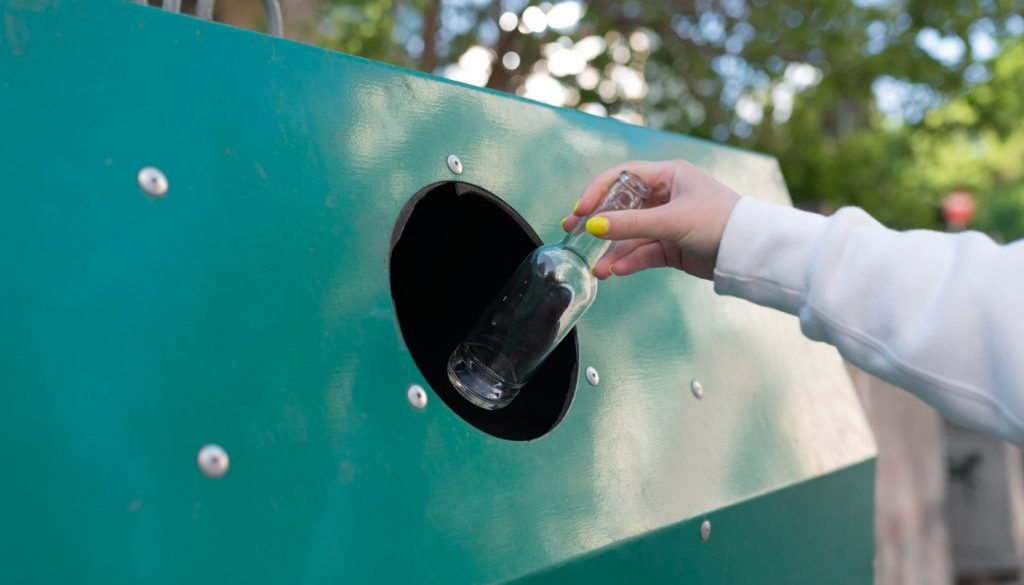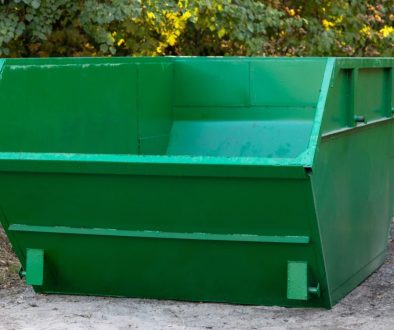Recycling plays a key role in keeping our environment clean and sustainable. Yet, in rural areas like Cheshire, recycling can often feel like a steep challenge. The unique obstacles faced by these communities can make efficient waste management tough, requiring creative solutions and dedicated support. From logistical hurdles to limited awareness, understanding these challenges is crucial to improving how rural areas approach recycling.
Recycling isn’t just about separating waste into different bins; it involves effort and cooperation, especially in rural settings. Without nearby facilities or services, small communities sometimes struggle to maintain effective recycling systems. This introduction to the topic highlights the importance of exploring how specific areas like Cheshire can overcome these recycling challenges with the right strategies and support.
Limited Access to Recycling Facilities
In rural areas, accessibility to recycling facilities is a common hurdle. Often, these regions have fewer designated places where residents can drop off recyclable materials. This means they might have to travel longer distances compared to those living in urban areas. Without the convenience of nearby facilities, the simple act of recycling becomes a time-consuming task, which can deter people from participating.
This lack of facilities often translates into increased inconvenience. Residents may find themselves storing waste for extended periods, or worse, mixing recyclable and non-recyclable materials in one bin due to lack of options. Picture having to load up a car with your recyclables and driving miles just to find a proper drop-off point—it can be discouraging. This scenario shows why having easy access to skips can make a big difference. Services in the region can help bridge this gap by offering straightforward, accessible solutions for waste collection.
Such services can provide convenient drop-off points and facilitate regular waste collection, making it easier for rural residents to maintain their recycling efforts without having to compromise on convenience. Emphasising the availability of these services and encouraging their use can significantly improve recycling participation in rural settings.
Lower Awareness and Education
Another significant barrier in rural areas is the lack of awareness and education about recycling practices. Where urban centres might benefit from regular municipal updates and educational campaigns, rural communities often miss out on such initiatives. Without proper guidance, people may not understand the significance of sorting their waste or the impact it can have.
Awareness is key to effective recycling. Knowing what can and can’t be recycled prevents contamination and makes the recycling process more efficient. Simple initiatives like informative community workshops, local flyers, or school programs can make a big difference. By educating residents on the benefits and techniques of recycling, communities can create a more informed population ready to embrace sustainable practices.
Practical ways to boost recycling efforts include setting up small local recycling clubs or community-driven events. Encouraging collaboration and shared knowledge can foster a stronger recycling culture. Through these efforts, rural communities can enhance their understanding and enthusiasm for recycling, setting the foundation for a greener future.
Transportation and Logistic Issues
Getting recyclables from point A to point B can be a major issue in rural areas. Without adequate infrastructure, moving even the simplest materials becomes a costly and time-consuming process. Long distances between homes and recycling centres create additional hurdles, often resulting in higher transport costs and increased emissions. The environmental footprint can sometimes counteract the benefits of recycling efforts.
Rural areas may not always have the budget or resources to support frequent waste collection, leaving residents to store materials for extended periods. This not only clutters homes but can also lead to recyclables being thrown away with general waste due to frustration or lack of alternatives.
Consider these strategies to tackle these challenges:
– Organise community recycling events where a collection service is made available for the day. This reduces personal travel time and cuts down on transport emissions.
– Set up rotating recycling drop-off points in various locations, allowing residents to access facilities without long trips.
– Collaborate with local skip hire services known for their efficiency in waste management. These services can provide tailored solutions, making the process more streamlined and environmentally friendly.
By developing clever strategies for managing transportation and logistics, rural communities can better maintain their commitment to recycling without the weight of excessive costs or environmental drawbacks.
Tailored Solutions for Rural Recycling
Addressing the specific challenges rural areas face requires more than just applying urban solutions. Tailored approaches that consider the nuances of rural life can lead to significantly better outcomes. Practical tips proven effective in enhancing recycling efforts in rural settings are often simple yet impactful.
First, consider community initiatives that promote shared responsibility—such as rotating collection days where neighbours share the duty of transporting recyclables, making the process less burdensome for individuals. Building a culture of cooperation can significantly ease the recycling load.
Secondly, employing local partners who understand the regional dynamics is a game changer. They can provide the necessary assistance and infrastructure to enhance waste collection and processing. For example, skip services could regularly assist with bulk collection, making waste management less of a headache for everyone involved.
Highlighting successful initiatives in similar regions can offer valuable insights. Networking with other rural communities to exchange ideas on recycling can introduce fresh strategies and innovations. This collaboration can pave the way for effective solutions that respect the unique lifestyle of rural residents.
Making Recycling Easier in Rural Cheshire
Rural Cheshire, like many similar areas, faces distinct hurdles in its recycling endeavours. By recognising these challenges and actively engaging in solutions, residents can transform how they manage waste. The key is practical, local solutions that cater to the unique needs of the community while promoting wider participation.
Overcoming barriers related to accessibility, education, and logistics calls for a unified effort. The potential reward—an environment that thrives on sustainability and civic pride—is well worth the endeavour. By investing in better resources and community partnerships, rural Cheshire can boost its recycling efforts substantially.
Improvements in recycling practices in rural areas promise more than just cleaner surroundings. They represent a collective movement towards a more sustainable, environmentally friendly future. This sense of accomplishment, stemming from concerted community effort, can set a lasting precedent for ongoing ecological mindfulness and improvement.
To improve recycling efforts and make waste disposal more convenient in your community, consider using Congleton Skip Hire as part of your solution. Enviro Skip Hire provides reliable services that support better recycling habits and environmental care throughout rural Cheshire.




